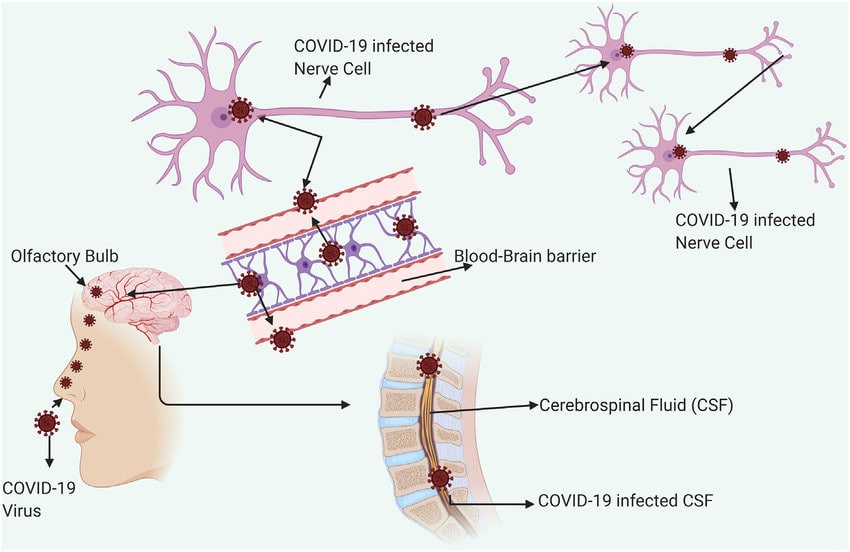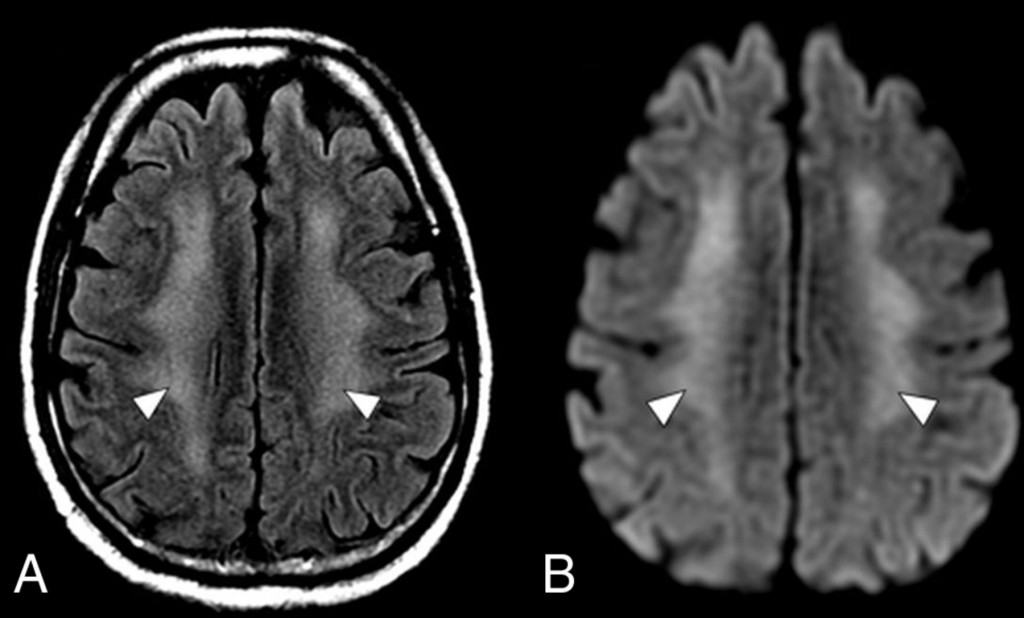While coronaviruses are common causes of mild to moderate upper respiratory tract illnesses, the new coronavirus that has caused the COVID-19 pandemic can lead to several lung damage and viral pneumonia. In the early months of the pandemic, doctors struggled to keep patients breathing, focusing mainly on treating damage to the lung and circulatory systems. But how does COVID-19 affect the nervous system? There has been growing evidence for neurological effects—both acute and long-term in patients who have been infected. Let’s dive in to explore more on how this virus wrecks havoc on the nervous system.
How COVID-19 affects the brain
Ongoing research has shown that many neurological symptoms of COVID-19 are likely the result of the body’s widespread immune response to infection, rather than the virus directly infecting the brain or spinal cord. The virus can cause an over-reactive response of the immune system which damages many body systems. For instance, changes in the immune system have been detected in studies of the cerebrospinal fluid (CSF) in patients who have been infected with COVID-19. Currently, it is unknown if injury to the nervous system can cause lingering effects that resolve over time, or if such infections cause a more chronic neurological disorder.
In rare instances, COVID-19 can directly infect neural tissue. What processes does it use to infect neurons? It is thought that inhaled COVID-19 virus particles can enter circulation and then cross the blood-brain barrier (BBB), entering the central nervous system to infect neurons (Figure 1). COVID-19 can also enter the CSF and infect the spinal cord.

What are the acute and long-term effects of COVID-19 on the brain?
Most patients infected with COVID-19 have no or mild to moderate symptoms associated with the nervous system. Those who do exhibit symptoms commonly have muscle aches, headaches, dizziness, and altered taste and smell. More rare neurological complications include delirium, seizures, strokes, disorders of inflammation of the nervous system (such s Guillain-Barre syndrome), and transverse myelitis. Acute encephalopathy can develop in patients with white matter involvement (Figure 2).

Find out more about neurological complications of COVID-19 here with Dr. Allen Aksamit Jr., a Mayo Clinic neurologist.
